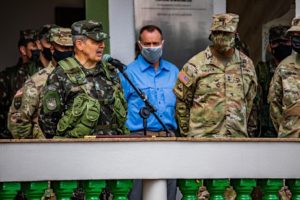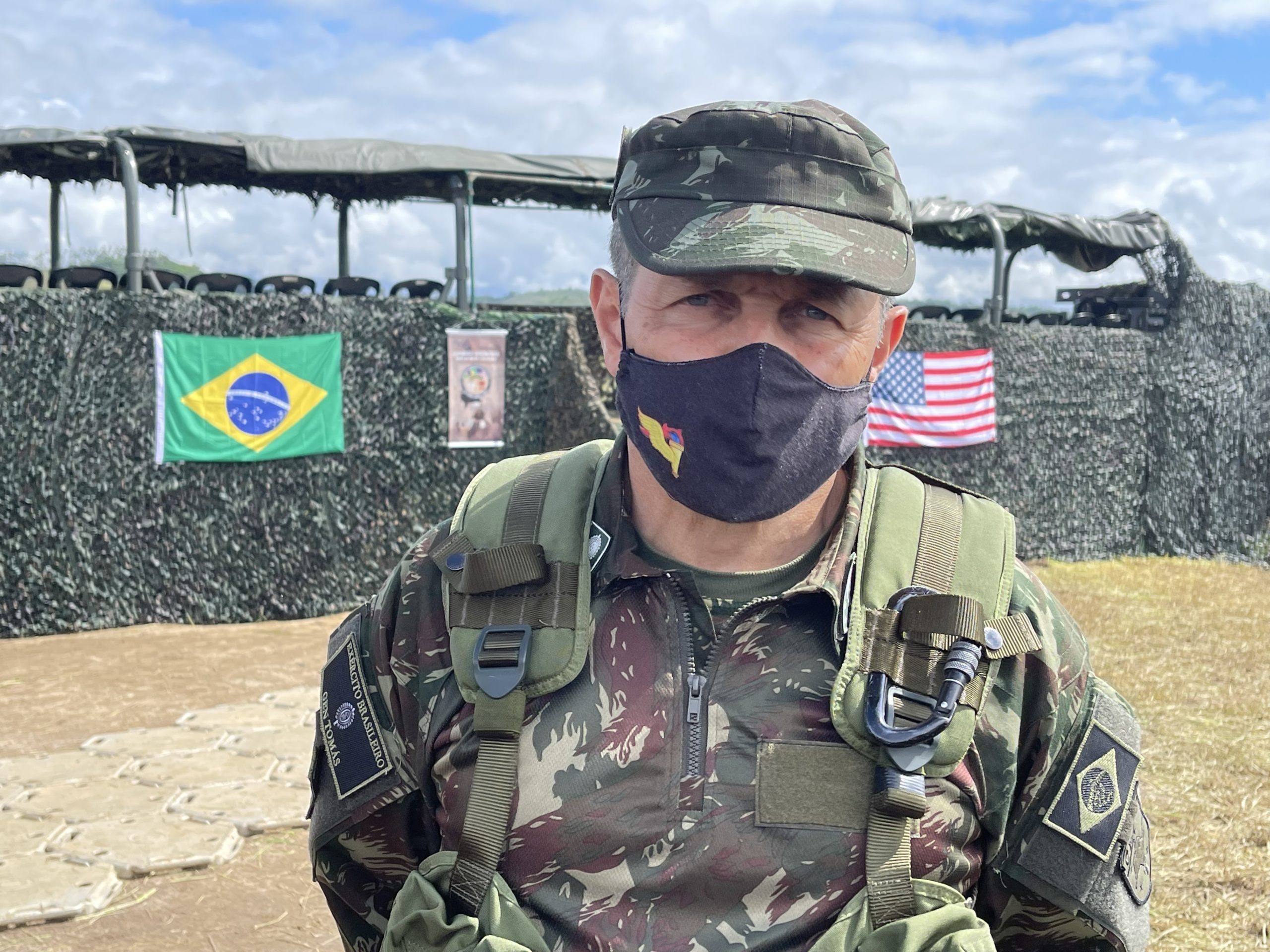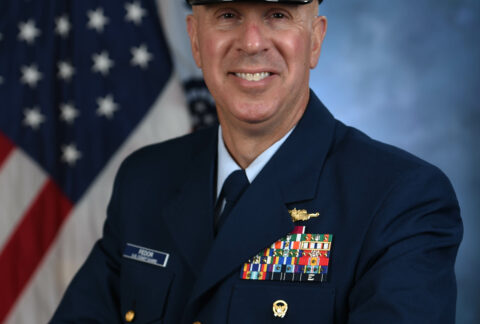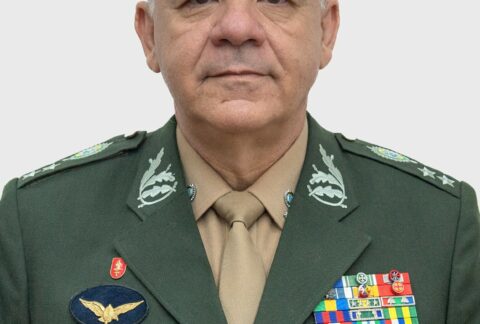The Southeast Military Command is the only one in Brazil composed of a single state, São Paulo, the most populous and the most important economically in the country. Brazilians and Americans decided to start an important integration exercise between troops of both armies, in the city of Lorena, 110 miles from the state capital, in the Paraíba Valley. Diálogo spoke with Brazilian Army General Tomás Miguel Miné Ribeiro Paiva, Southeast Military Command chief, about this exercise, known in Brazil as CORE 21 and as Southern Vanguard 22 in the United States.
Diálogo: Why was the Paraíba Valley in São Paulo chosen to launch CORE 21?
Brazilian Army General Tomás Miguel Miné Ribeiro Paiva, Southeast Military Command chief: This is a historic brigade because it drove many Brazilians to participate in our Brazilian Expeditionary Force, which served with the Americans in World War II, along with allied troops. We have a history of working together with American troops and we are very proud of that achievement. This may certainly be one of the brigades that lost the most lives to the epic Nazi-fascism defeat during World War II. Additionally, our 12th Aeromobile Light Infantry Brigade, which is a strategic brigade force of the Brazilian Army, is the most suitable troop for this type of operation.

Diálogo: The agreement signed between Brazil and the United States establishes that this exercise will be carried out until when?
Gen. Tomás: Until 2028, on a rotation system, each year in a different country, with troops from different military area commands. Next year [2022], our troops will go to the United States. In 2023, it will be the Eastern Military Command’s turn to host the event.
Diálogo: How relevant is Brazil’s participation in United Nations peacekeeping missions, more specifically in Haiti — MINUSTAH — regarding the use of Brazilian troops in this type of combined exercise?
Gen. Tomás: It’s very important. The operation in Haiti was certainly educational because we worked a lot in the international environment. I was deputy commander of the Brazilian Battalion in Haiti. Modern conflicts show that today, all humanitarian operations, such as stabilization operations and peace-enforcement operations, are very similar, with very few differences. Therefore, we always learn a lot from these experiences.
Diálogo: What is the greatest benefit of this exercise for the Brazilian troops?
Gen. Tomás: Without a doubt, the integration with a component that is very different from ours. Americans are very experienced in this type of operation and have many resources. We certainly learn, but they also learn from us, because our land force has a very good reputation in the international scene, thanks to our participation in peacekeeping operations. Such an exchange is natural between armies of different countries.









